Siamese cats have a never-ending curiosity. They can’t help it; it is in their nature. They are always eager to discover something new. Our cats are frequently fascinated by everyday household items. They’re curious about the stuff we use for adorning our homes, tidying up, and preparing meals.
We want them to enjoy their right to curiosity, but we also need to consider their safety. We should recognize that certain household items are potentially dangerous to our cats.
Our cats should avoid these household items because they contain toxic substances. It is up to us to safeguard them from coming into contact with such items. Their safety must be our top priority.
This article will provide a list of household items that we use but can harm pets, specifically cats. Keep reading, and make sure to make a note of these points. Also, you can bookmark this page for future reference!
What Household Items Are Poisonous Or Toxic to Cats?
Here are some everyday household items Siamese cats should not be around:
1. Essential oils
Essential oils are safe when we use them for aromatherapy. Our Siamese cats, though, are so sensitive to these overwhelming scents. Many essential oils are poisonous to cats.
These oils are straight-up toxic to cats when applied to their skin or ingested:
These are the essential oils that can harm your cat’s respiratory health:
Keep your cat out of the rooms in your house with a high concentration of essential oils. Also, do not apply essential oils to your cat’s fur because this may trigger a fatal reaction. Avoid using essential oils as much as possible if your cat has an allergy or asthma.
2. Cosmetics and makeup
Most cosmetics and makeup nowadays have talcum powder in them. Some adult topical powders have talcum powder in them too.
Talcum powder can poison your cat if he inhales or swallows it. Inhaling the talcum powder increases the likelihood of lung problems in your cat.
Keep your cosmetics and makeup inside a handy pouch and place them in the drawer after use. Please don’t leave them anywhere on any table so your cat can’t sniff and play with them.
3. Batteries
Batteries can be hazardous when your cat chews or ingests them. It leaks out acidic or alkaline material. It can cause corrosive injury to your cat’s mouth, stomach, and other body tissues.
It can also damage your Siamese cat’s intestine if he swallows a part of the battery.
Always put any batteries in a safe and unreachable place so your cat cannot spot and play with them. Batteries pose a deadly risk to our cats, so let’s ensure they are out of their reach.
4. Cigarette butts and e-cigarette liquids
Most tobacco products have nicotine, such as cigarette butts and e-cigarette liquids. Nicotine is toxic to Siamese cats.
Nicotine poisoning can be fatal, so you mustn’t smoke near or around your cat.
Your Siamese cat will get sick if he finds a cigarette butt and chews on it. Don’t forget to throw cigarette butts away properly. Also, wipe spilled e-cigarette liquid to avoid ingestion.
5. Laundry detergents
Laundry detergents are highly-concentrated cleaning solutions. They are bad for cats because they have corrosive agents that can make them drool and burn their mouths. They can also cause aspiration pneumonitis in cats.
Put detergents where your cat can not get to them. Also, clean up any detergent spilled on the floor after laundry so your cat will not step in it.
6. Mothballs
Mothballs are solid pesticides. They contain naphthalene and active ingredients that are dangerous to cats. It also has paradichlorobenzene which is a carcinogen.
Mothballs also have a high insect-repellent concentration, so cats should avoid them.
You might think it’s okay not to keep it since many cats don’t like the smell of it. But your cat might be one of the felines living up to its curious reputation.
Your Siamese cat might roll and play the mothball with his paws. He might even ingest it when he’s grooming.
Mothballs are highly toxic to our cats. Time to find other ways to keep pesky moths from eating our clothes!
7. Insecticide
Most of the reported cases of poisoning among pets are insecticide poisoning. Household insecticides are toxic to cats. Overexposure to insecticides can significantly affect their muscles and nerve function.
Keep your cat away from any insecticide-treated areas inside and outside your home. Also, ensure your cat is far away when spraying pyrethrin or pyrethroid products.
8. Alcoholic drinks
Alcohol contains fermented grains and ethanol that are super dangerous to cats. They can damage their liver and kidneys if cats drink too much alcohol.
Giving your cat alcoholic beverages is a big no. Do not offer alcoholic drinks to your cat even if it has higher sugar content than ethanol. Do not offer beer or whisky. You may think your cat can enjoy lapping alcohol a little, but it can cause intoxication.
9. Coffee or coffee grounds
Cats are more sensitive to caffeine than people. Their digestive tract cannot handle large ingestions of caffeine.
Ingestion of unused coffee grounds can cause poisoning in many cats. Too much ingestion of coffee grounds can lead to panting, vomiting, and agitation.
Make sure to have a safe and private spot for your coffee beans so your cat won’t be able to reach them. Inform other household members not to offer brewed coffee to your cat.
10. Tea or tea bags
We know that some cats get sick when they drink coffee because they’re lactose intolerant. Did you know that they can also get sick if they accidentally or intentionally drink tea?
Tea contains caffeine that can increase heart rate and cause them to feel restless. Teabags containing caffeine are also harmful to them.
Make sure that the shelf or drawer you’ll be putting your tea bags in is cat-proof.
11. Chocolate
Chocolate is highly toxic to cats because it has theobromine and caffeine. Theobromine poses a significant threat to their health.
Ensure all household members know that chocolate is a big no for your cat. Refrain from giving it as a treat, even if it’s only a tiny amount of chocolate. Also, don’t offer foods covered or mixed with chocolates. Examples of these are chocolate chips and choco-coated peanuts.
12. Drain cleaner
Drain cleaners are dangerous to your cat’s coat and respiratory health. They are very acidic and can cause corrosive injury to his mouth and stomach.
These corrosive agents easily aspirate into the lungs resulting in aspiration pneumonia.
13. Toilet bowl cleaner
Toilet bowl cleaner and bleach are toxic to cats. Most of them are acid-based. They can irritate their eyes and nose. They can be corrosive to their esophagus and stomach too.
14. Xylitol
Xylitol can have devastating effects on our cats. Xylitol is a sugar alcohol present in fibrous fruits and other human foods. Your cat won’t like it even if it has a sweet taste.
Licking or eating foods with Xylitol can suddenly release insulin. It harms cats, especially seniors, as it can lower blood sugar levels.
15. Rat Poison or rodenticides
The effect rodenticides can have on rats is also the same for our housepets. This strong effect is due to bromethalin and long-acting anticoagulants. These substances are harmful to pets.
Eating rat poison is potentially life-threatening to your cat. Rodenticides are incredibly toxic and can cause seizures and kidney damage. You must keep your cat away from any rodenticides.
16. Raisins or grapes
A small amount of raisin or grape can hurt your cat’s stomach. Eating many raisins and grapes can be poisonous to your cat. See to it that when you’re snacking on raisins and grapes, your cat shouldn’t be able to reach or touch them. Grape toxicosis is severe poisoning. Call your vet right away if your cat ate many raisins or grapes.
17. Playdough
Most play doughs are toxic-free to humans, but this is not the case with cats. Homemade play dough can be toxic to cats resulting in salt poisoning. It could affect your cat’s health if he ingests significant quantities of it.
Keep your cat away from your kids’ playroom. Make sure your cat is not around when you and your kids are playing with play dough. He won’t be able to taste test everything present in the room, like the play dough, this way.
18. Antifreeze
Ethylene glycol is an organic chemical that’s lethal to cats. It is a component of antifreeze. It is highly poisonous, and it can even damage your kidneys. It is fatal to cats and dogs in doses as small as a teaspoon.
Many people are unaware of antifreeze’s dangers to household pets. Store it safely so your cat cannot come into contact with it.
19. Potpourri in liquid form
Ingesting liquid potpourri can be fatal for cats. Skin contact with potpourri can also be hazardous to their health. Never leave your cat unattended near any potpourri.
Your cat might burn his mouth if he licks a liquid potpourri more than a few times. Take your kitty to the vet immediately if he has trouble breathing after a few licks of the potpourri.
What Houseplants Are Toxic to Siamese Cats?
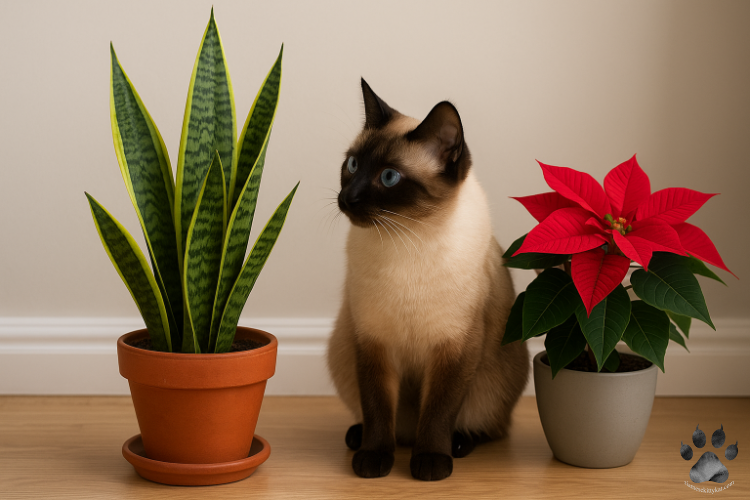
There are some houseplants that we put indoors which are toxic to our feline friends.
These are among the most poisonous of all houseplants for our cats:
20. Snake Plant
21. Tulip
22. Elephant’s Ear
23. Oleander
24. Daffodils
25. Poinsettia
26. Cutleaf Philodendron or Monstera Deliciosa
Your cat may experience the following if he often ingests any of these houseplants:
What Household Root Vegetables Are Toxic To Siamese Cats?
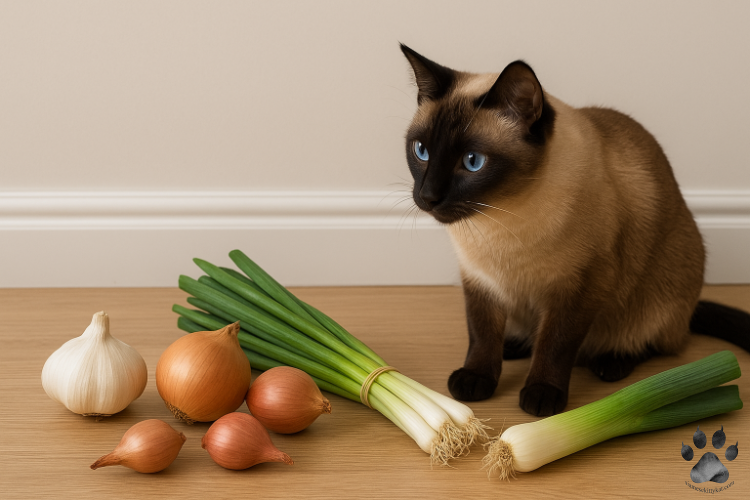
These are the most common root vegetables found in homes that our cats should stay away from at all costs:
27. Garlic
28. Onions
29. Chives
30. Shallots
31. Scallions
32. Leeks
Garlic, onions, and chives are poisonous to cats. Shallots, scallions, and leeks are also poisonous to them. They are part of the Allium family we often use in meal preparations. Eating any of them can cause gastrointestinal irritation and allium toxicosis.
Your cat may experience hemolytic anemia if he eats these bulbous vegetables. Hemolytic anemia can cause your cat’s skin and eyes to turn yellow.
It can also weaken your cat. Your kitty won’t be able to handle light or heavy physical activity.
Clear your counter after preparing meals. Make sure your kitchen and pantry are safe for your cat to visit.
Final Thoughts
Keep all of these household items out of your cat’s line of sight and reach as much as possible.
We must keep our cats away from these things so they do not get hurt or poisoned. Their well-being should be our concern at all times.
Many thanks for reading! I hope you found this post informative!

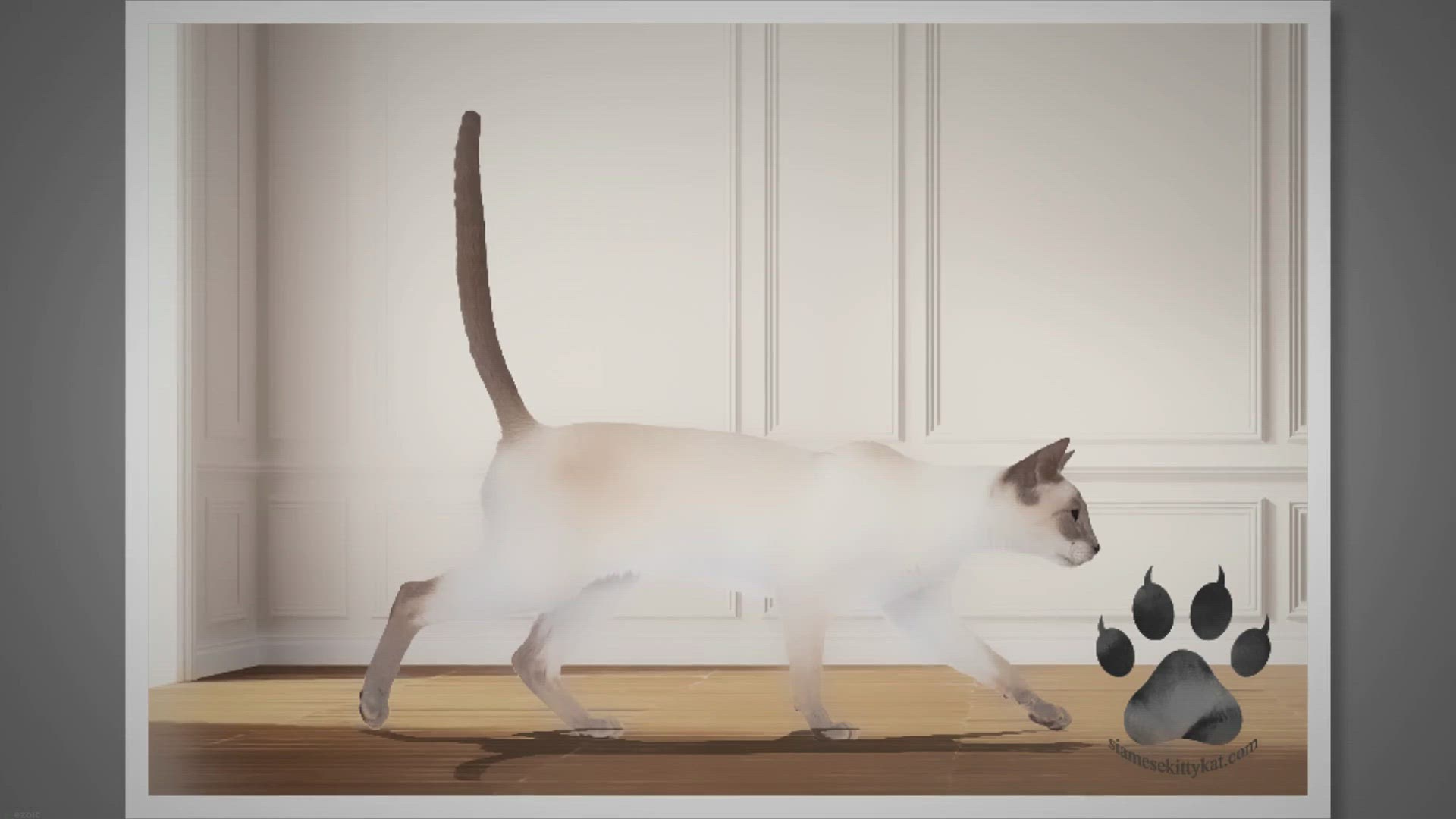

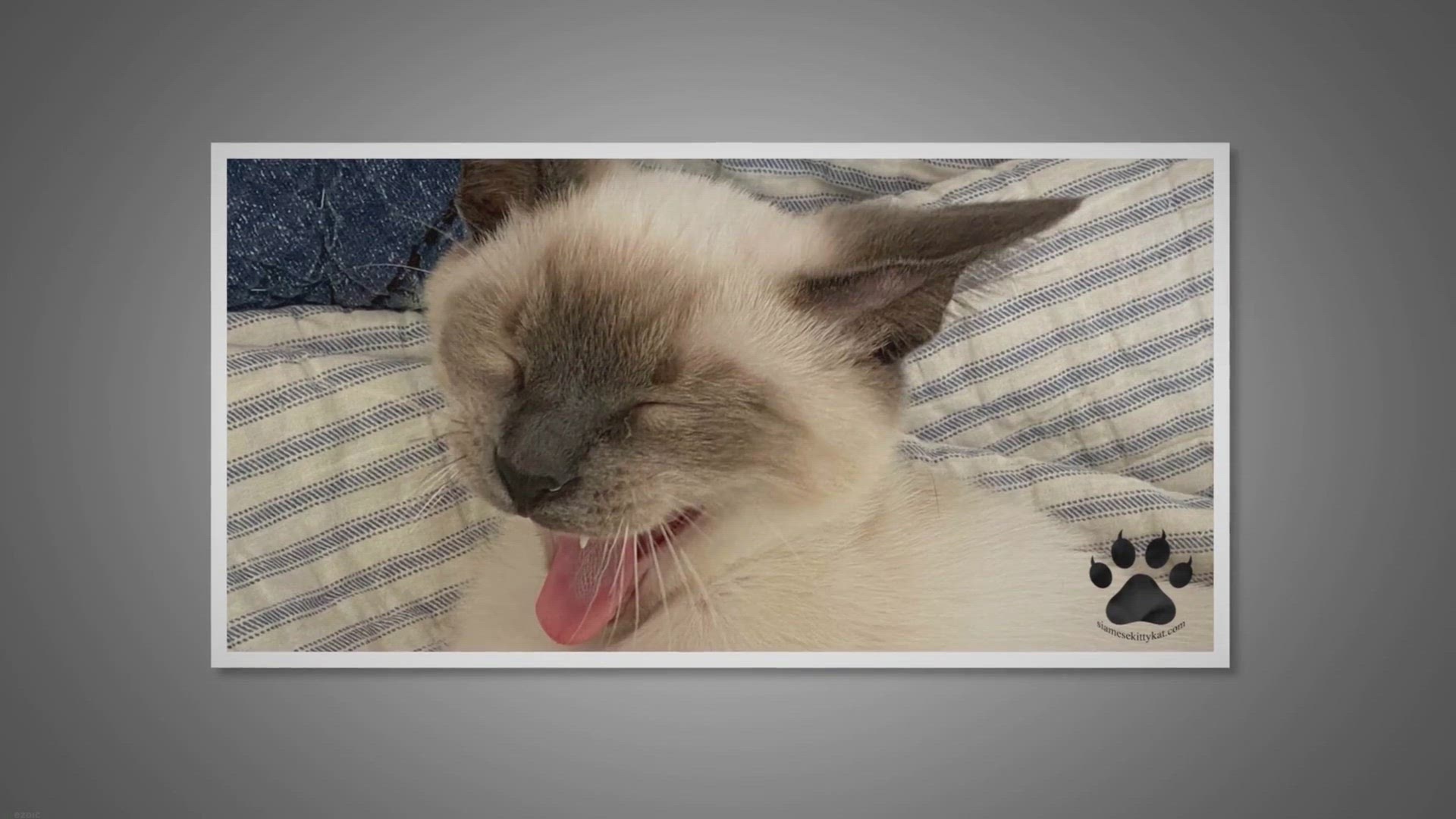
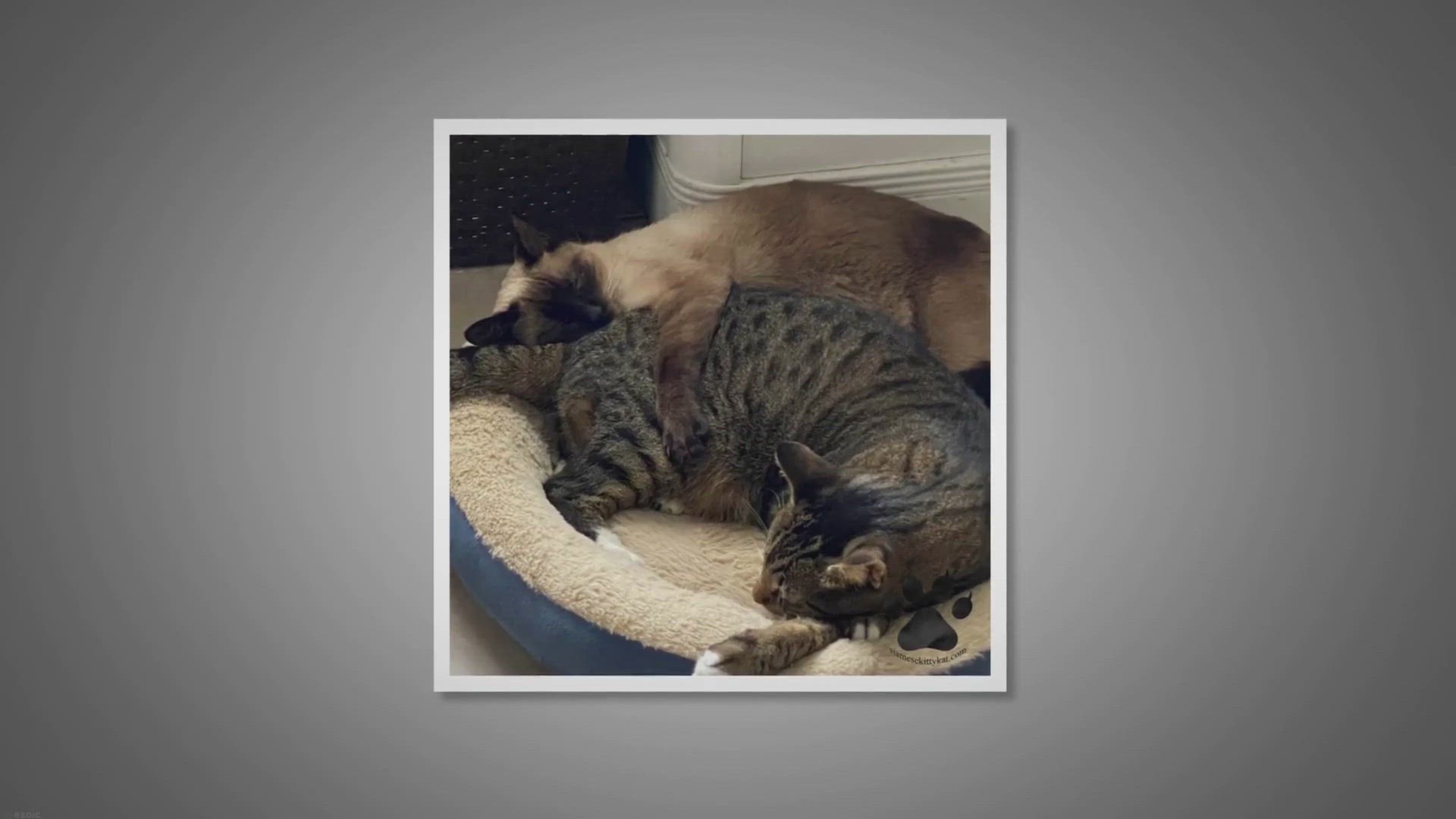
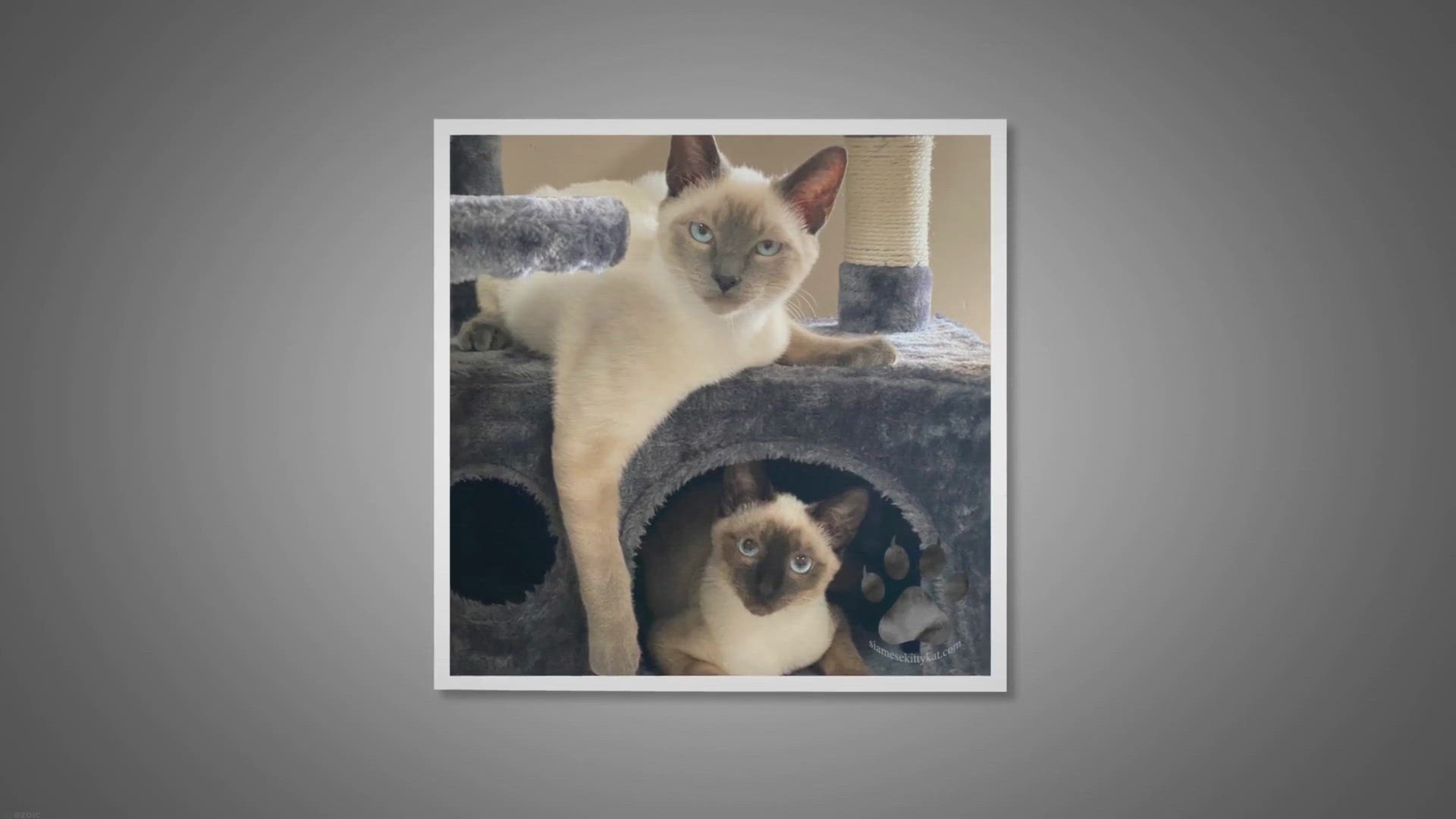
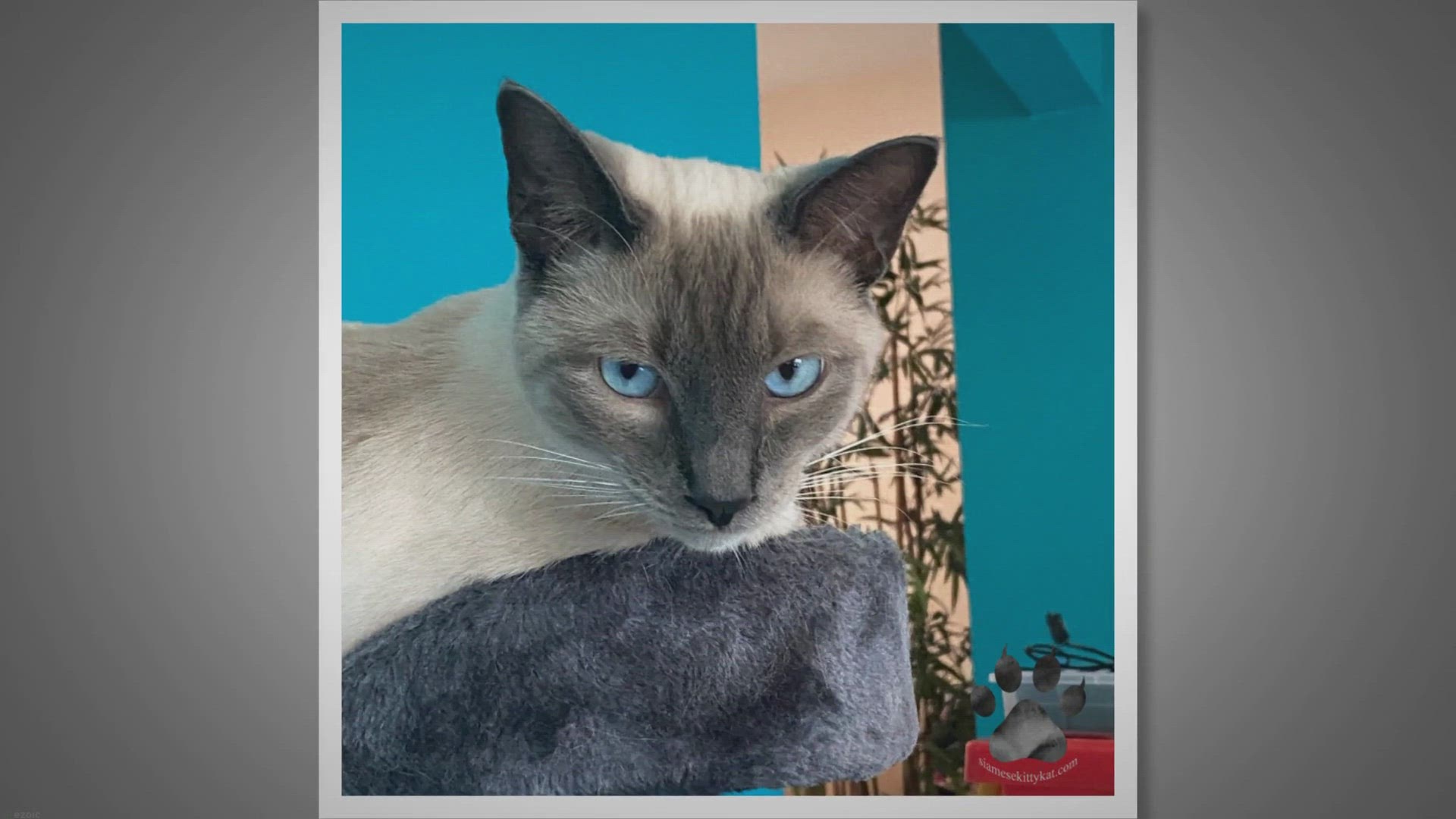
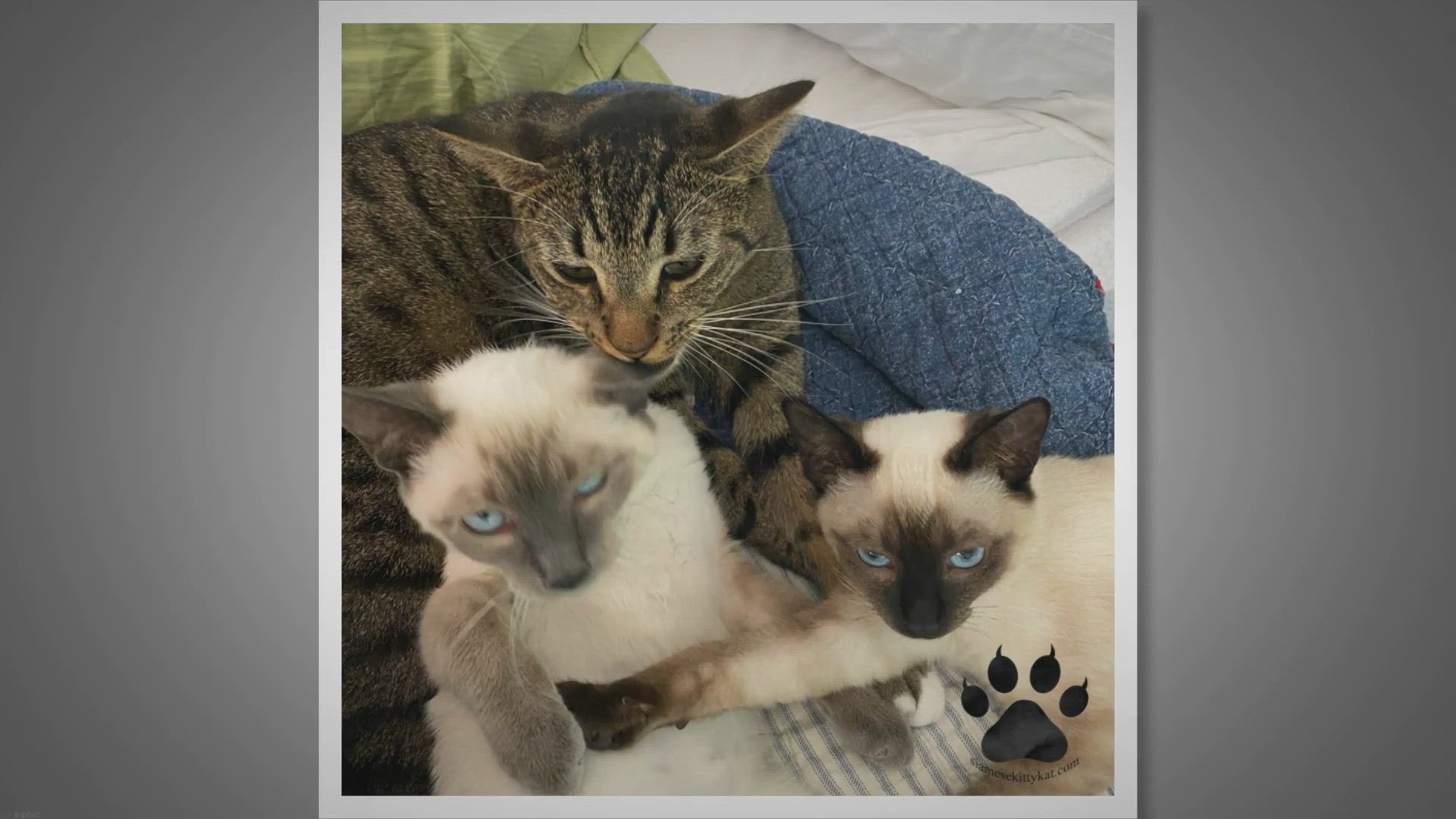
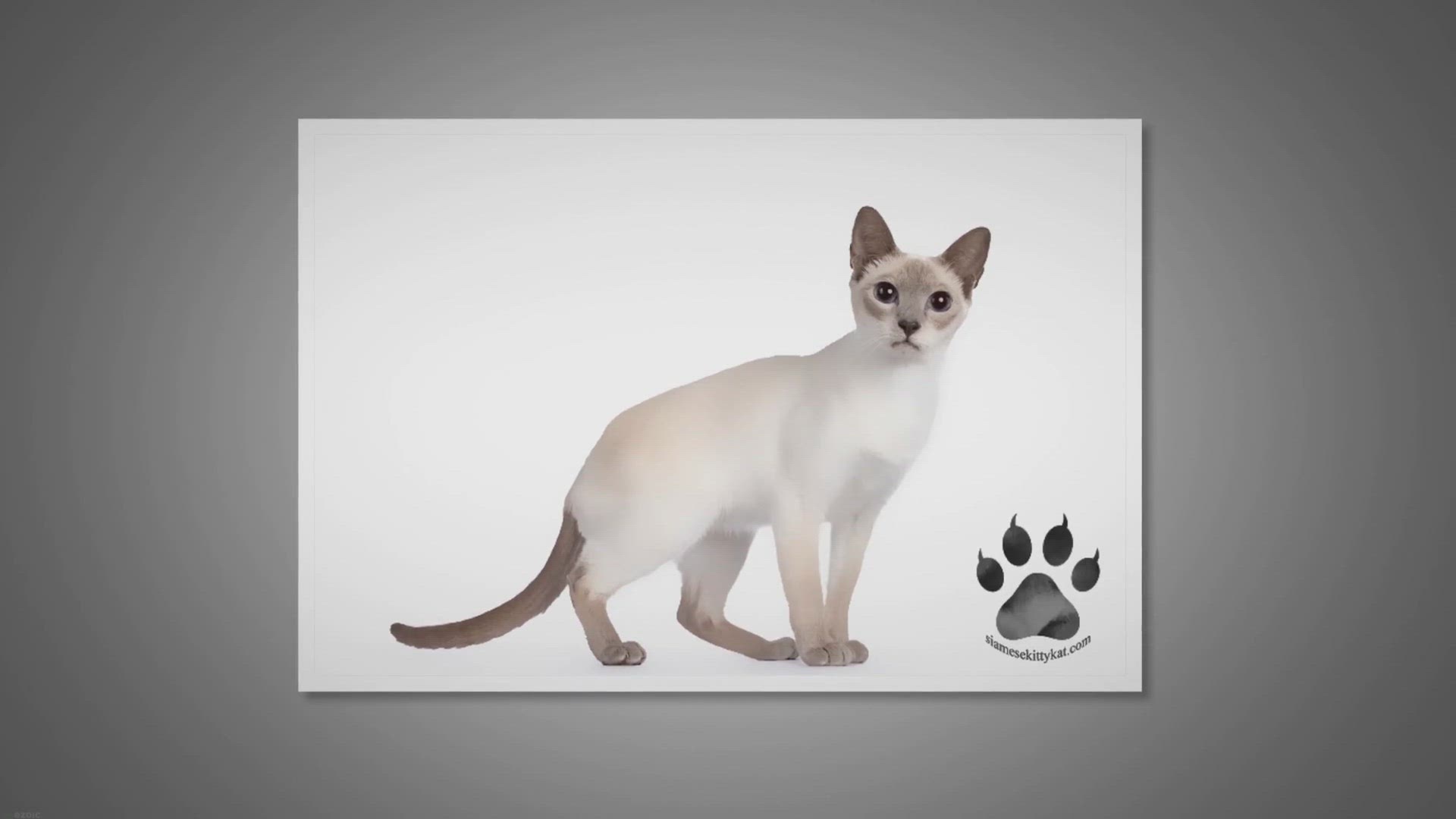
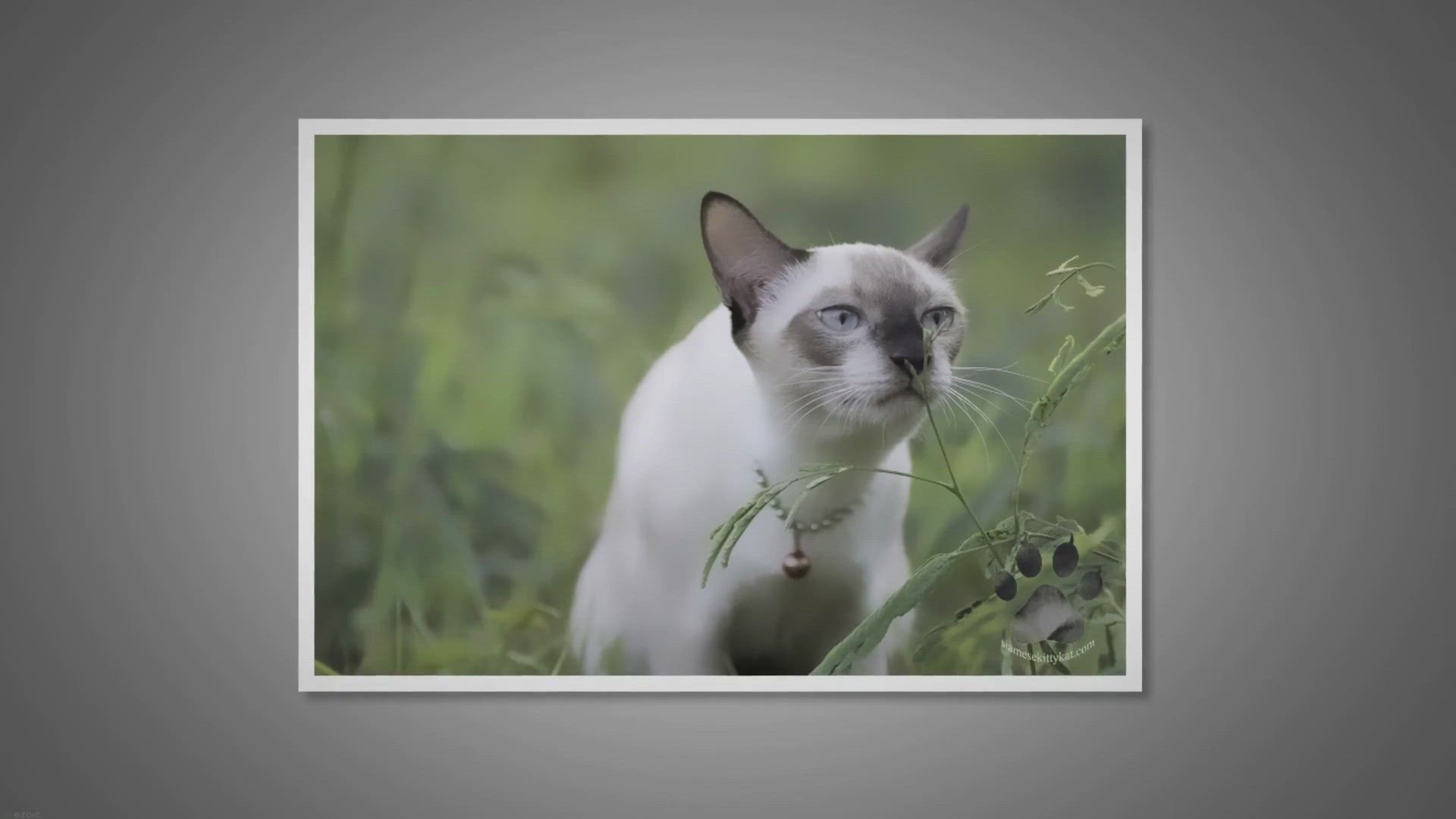
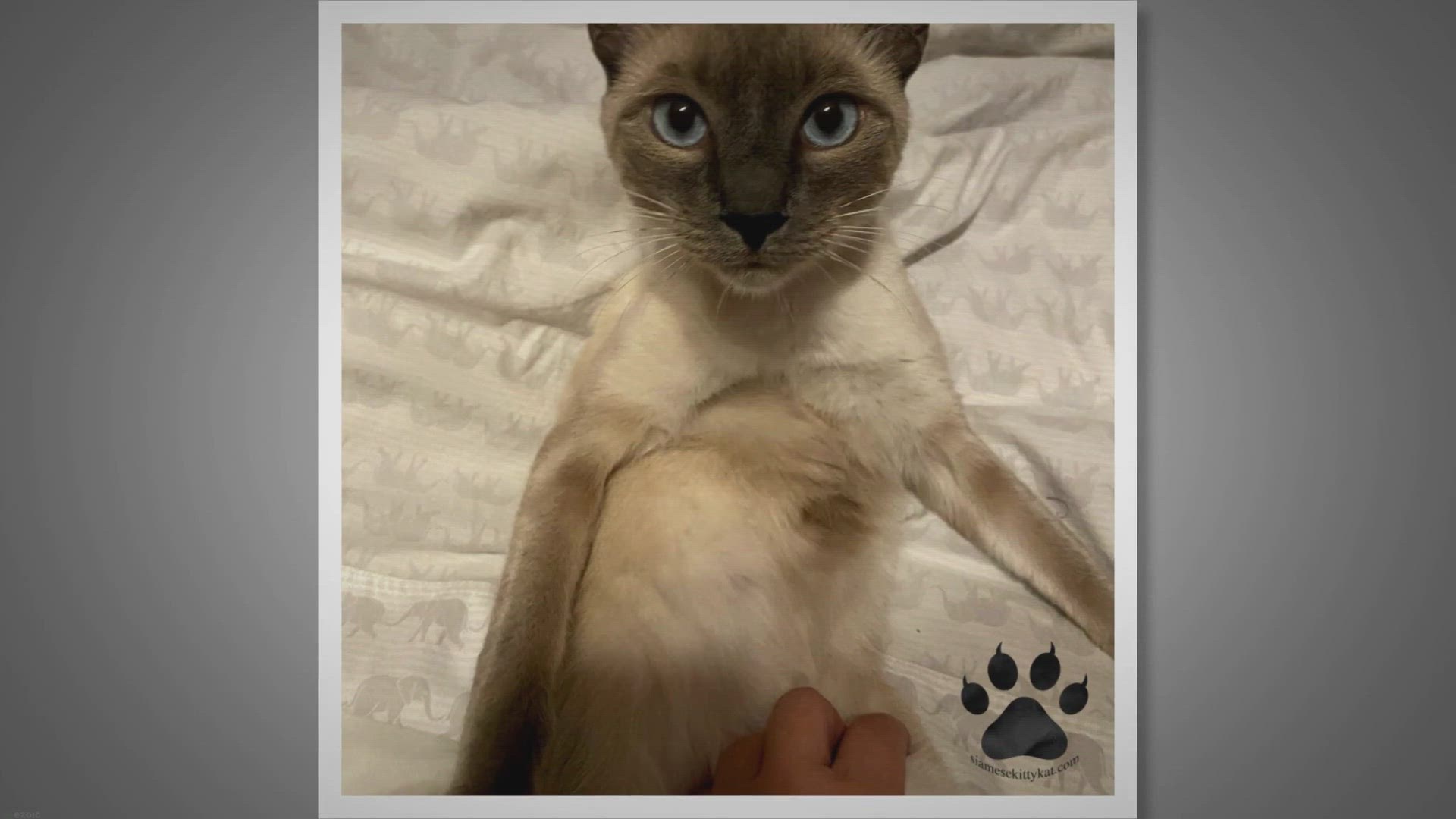
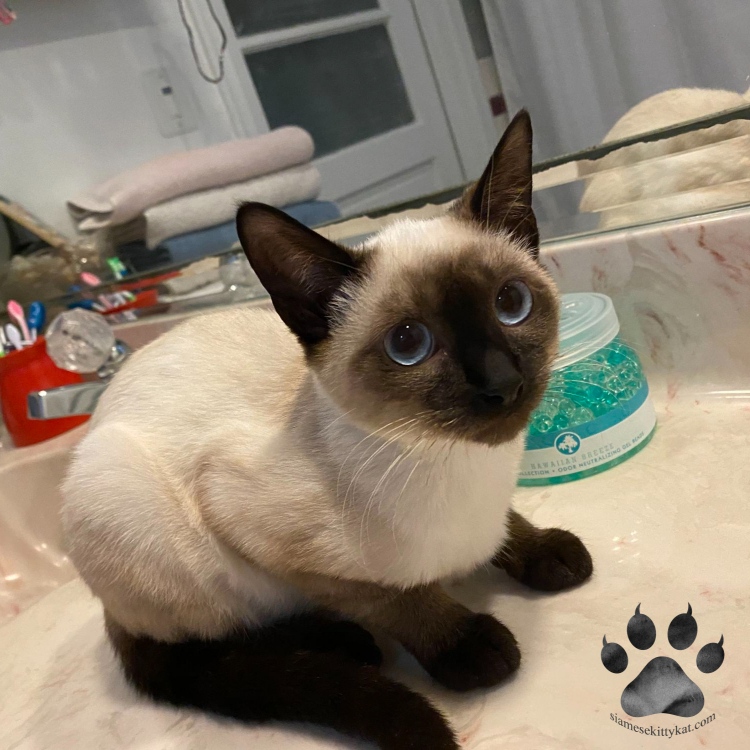
 Affiliate Link Notice
Affiliate Link Notice